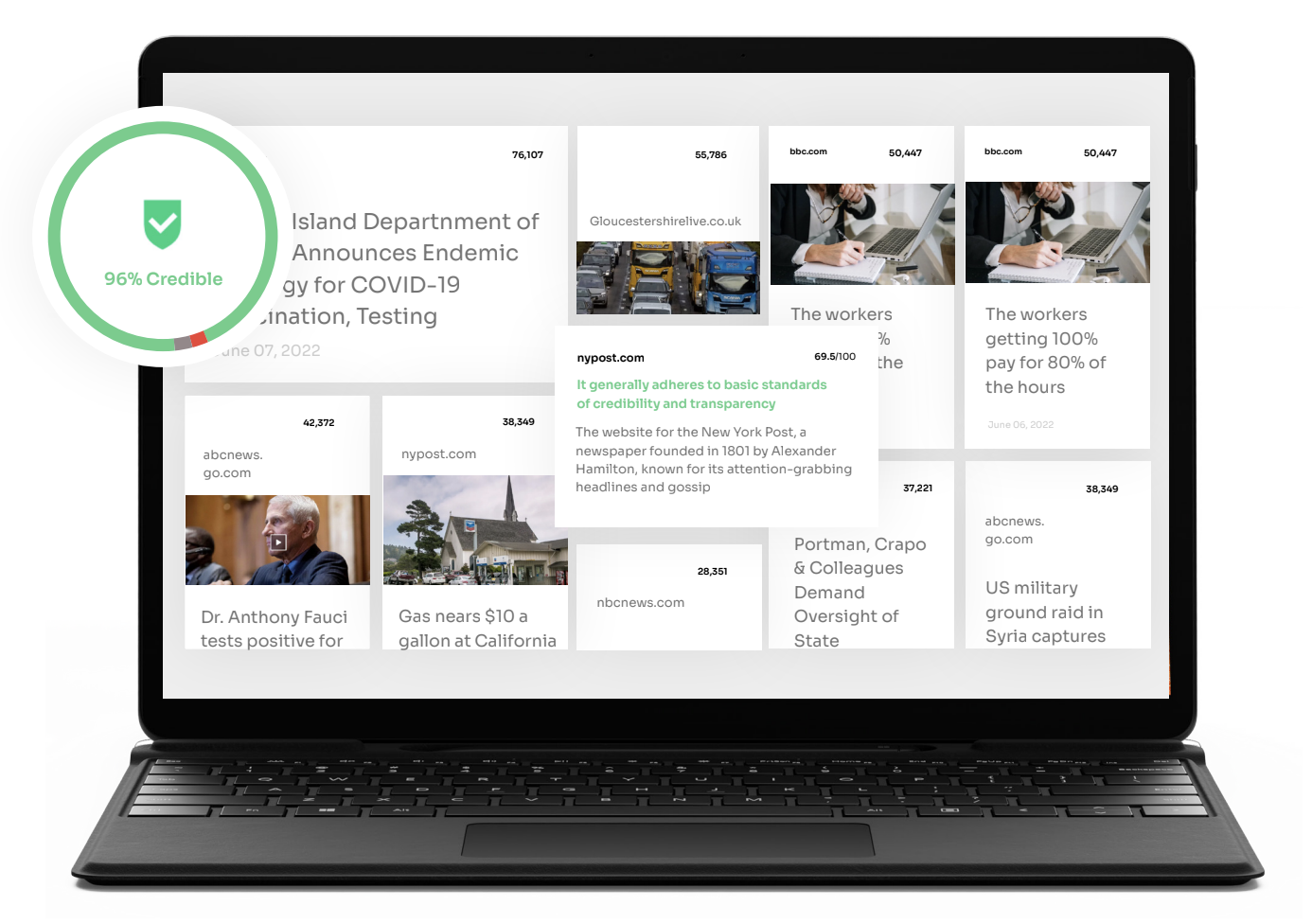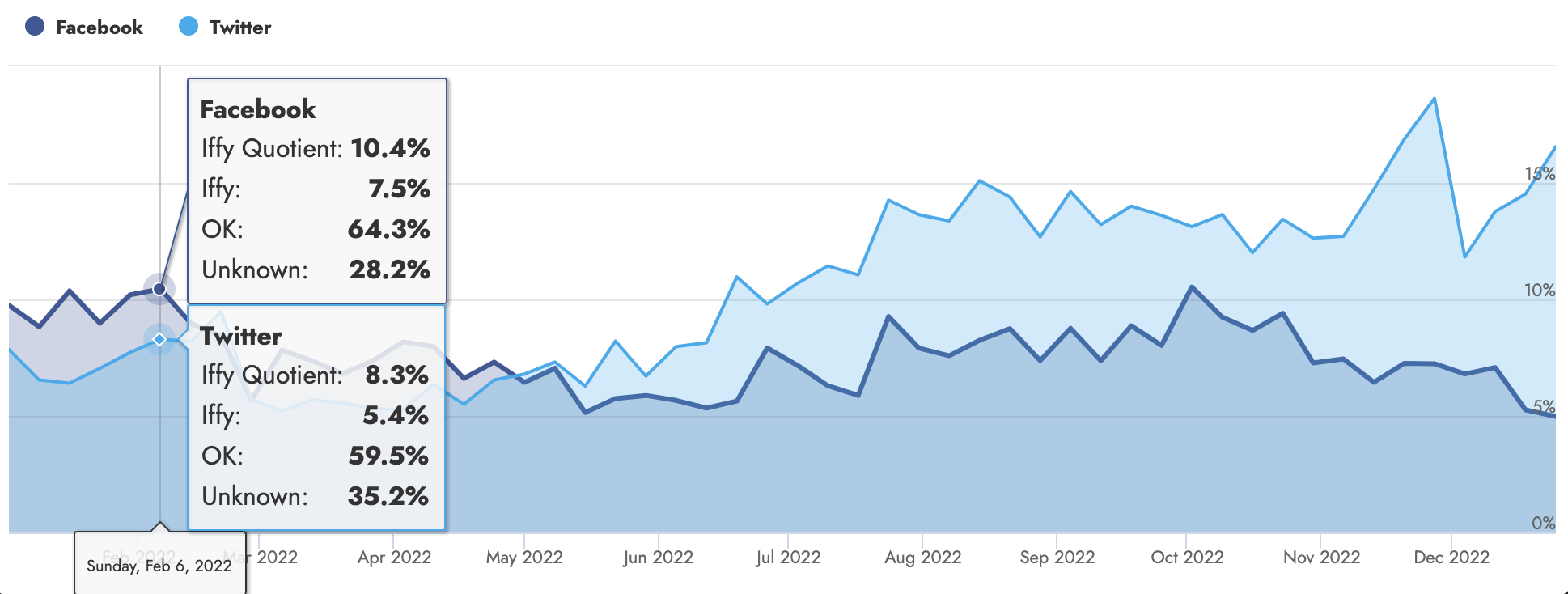Five Ways NewsGuard Has Made a Difference in Five Years
Here’s how NewsGuard has contributed to the fight against misinformation over the last five years, through partnerships across advertising, AI, education, audience intelligence, and academic research.
By Elan Kane and Veena McCoole | Published on December 20, 2023
NewsGuard launched in 2018 with an ambitious mission to counter misinformation on behalf of news consumers, brands, and democracies. We thought we were launching at exactly the right time because there was so much misinformation polluting the world on issues ranging from measles vaccines to the alleged dangers of 5G technology to the U.S. midterm elections. What we didn’t know was that this was the relative calm before the storm. The year 2018 was before COVID, before the 2020 election, before Stop the Steal and January 6, before the surge in anti-vaccine hoaxes, before the Russia-Ukraine war, before the Trump indictments and the beginning of the 2024 election cycle, before the Israel-Hamas war, and before generative AI dramatically enhanced the power of the internet to spread falsehoods at unimaginable scale.
Over these last five years, our global staff of journalists and information specialists has met these challenges by updating and deploying more than 6.9 million data points on more than 35,000 news and information sources, and cataloging and tracking all of the top false narratives spreading online.
From our launch day in 2018 until now, every piece of work we have done has been powered by trained misinformation experts and experienced journalists. In an age of AI, our human-vetted approach has made us a partner of leading Generative AI models as a crucial, human-in-the-loop check and balance for automated outputs.
As we approach the end of NewsGuard’s fifth anniversary, here are five examples among many of how NewsGuard has contributed to the fight against misinformation through partnerships in sectors from advertising to education, audience intelligence to academic research:

